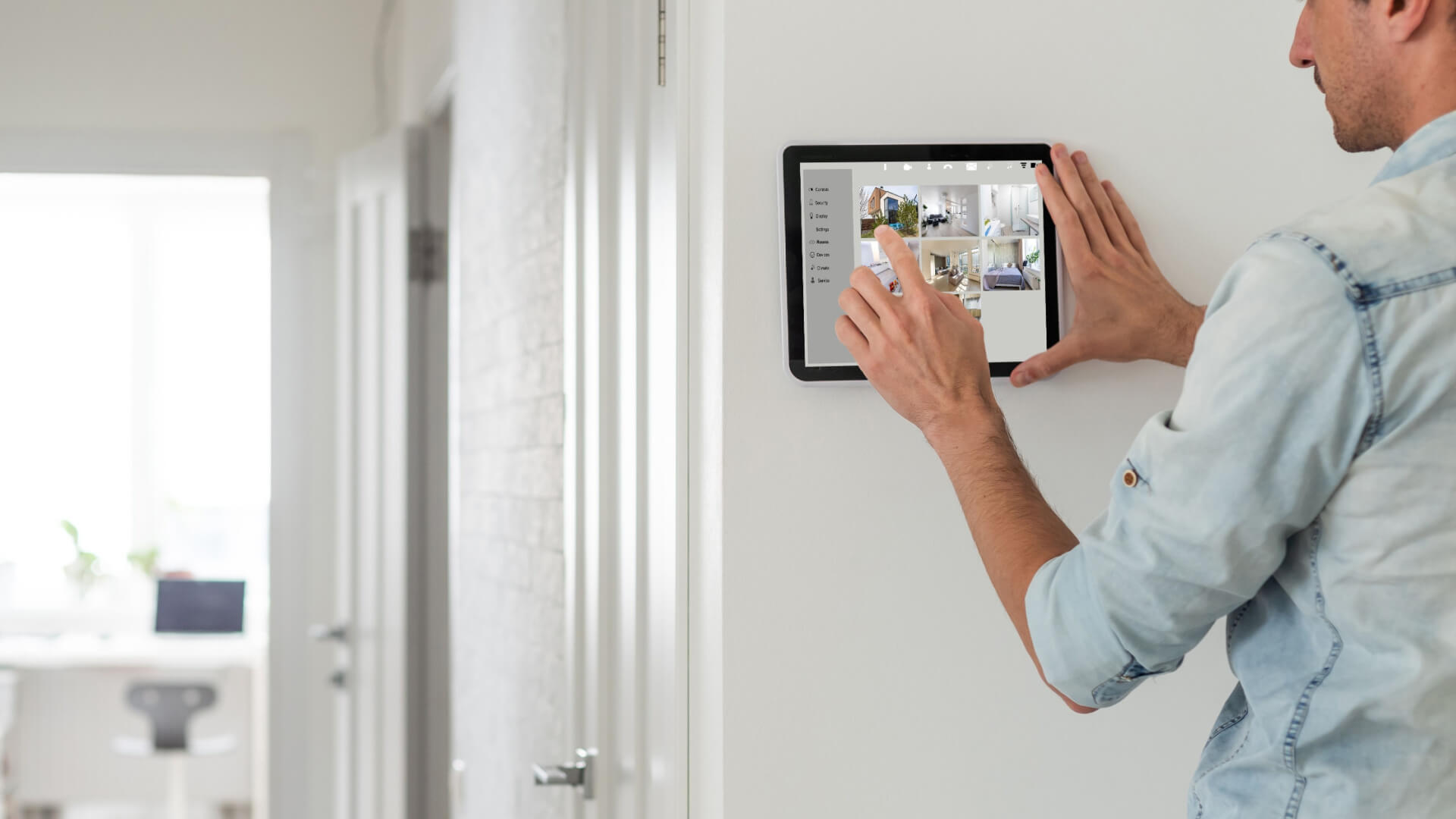
From assembly lines to offices and storefronts, your workplace likely uses some valuable and expensive equipment and products. This can be equipment your employees use, products they need to sell, or something they need to ship. Security measures are commonly thought of when preventing theft from outside sources, but what about your employees? When all forms of employee theft cost businesses around $50 billion each year, you can’t afford not to worry about your employees.
Commonwealth Energy Group, LLC can install security camera systems that double as employee monitoring systems that will prevent employee theft as much as consumer theft or burglary. But it’s important to work with experts like those at Commonwealth Energy Group because there are laws that restrict certain forms of employee monitoring.
The Legal Landscape of Employee Monitoring
Employee monitoring laws vary between our two service areas, the United States and Canada. Understanding them is crucial for companies looking to utilize employee monitoring software systems. The United States and Canada, while having similarities in their frameworks, have notable differences.
Employee Monitoring Laws in the United States
Certain states in the U.S. stipulate that employers must notify employees about their monitoring practices. The Electronic Communications Privacy Act (ECPA) and its amendment, the Stored Communications Act (SCA), together restrict interception and disclosure of wire, oral, and electronic communications, which are key federal laws to consider. This means that while you can record your employees, you need to be especially careful but how you disclose and use the recordings.
You can use it as evidence if they are caught committing a crime, but you can get into trouble recording, storing, and distributing footage of an employee doing something legal, like having a private conversation.
The National Labor Relations Act (NLRA) also comes into play. Many employers have attempted to restrict an employee’s right to discuss the terms and conditions of their employment with other employees, such as their pay. This is illegal, but employers have used recordings of such information to fire employees. Be careful not to attempt the same unless you want to risk a lawsuit.
Employee Monitoring Laws in Canada
Canada’s laws, under the Personal Information Protection and Electronic Documents Act (PIPEDA), protect employee privacy. Employers must generally get employee consent to collect, use, or disclose personal information, including through monitoring. However, exceptions exist for reasonable need and adequate notification.
Employee Privacy Rights
While on the clock, employees are often under the legal and practical control of their employers. This does not mean that they’re not without rights—especially in the realm of privacy. These privacy rights can restrict an employer’s ability to always monitor employees when they could steal or damage company property.
For example, these places are commonly illegal to have recording devices:
- Bathrooms
- Locker rooms
- Break rooms
U.S. privacy laws strictly limit or outright prohibit the installation of surveillance equipment in these places because they are considered private spaces.
Best Practices for Implementing Employee Monitoring
The first step an employer should take after installing a security camera system is to inform their employees and establish a procedure for informing new employees of what the system can and will record. It’s important to obtain their signatures on legal consent forms where they acknowledge that they are being monitored as they work.
Contact Commonwealth Energy Group, LLC to Install a Legal Employee Monitoring System
Employers need to utilize employee monitoring software to protect their businesses, but they need the help of experienced experts. Trying to install a security system on your own can lead to security systems that don’t keep your business safe, waste energy, and potentially break the law. With the help of experts from Commonwealth Energy Group, LLC, you can be sure that your security system will be legal and useful and will not needlessly increase your electric bill.





